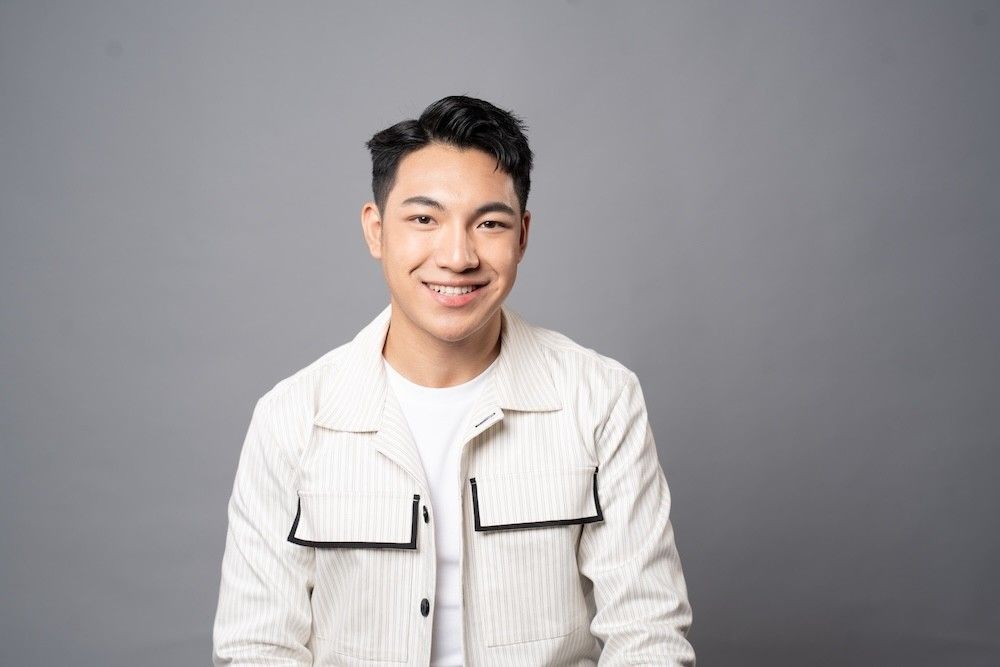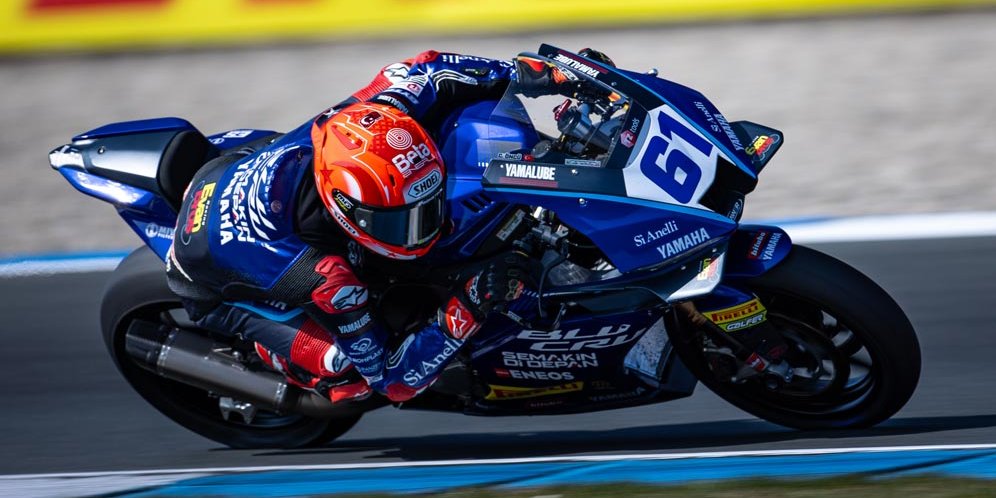Bobby Yan Uses Late Brother Rico Yan's Image in Campaign Posters: Is it Appropriate?

Cabuyao, Laguna – The local political scene in Cabuyao, Laguna, is buzzing with controversy after television host Bobby Yan, brother of the late matinee idol Rico Yan, incorporated his late sibling’s image into his campaign posters for his 2025 bid for city councilor. The move has ignited a heated debate online, with many questioning the appropriateness and potential exploitation of Rico Yan’s legacy for political gain.
Campaign posters featuring Bobby Yan alongside a prominent image of his brother Rico Yan have been spotted across Cabuyao. While Bobby Yan aims to connect with voters and leverage the enduring popularity of his brother, the tactic has drawn a significant amount of online criticism. Social media platforms are flooded with comments expressing concerns about potentially trivializing Rico Yan’s memory and using his image without proper consideration.
“It feels a bit disrespectful to Rico’s memory,” commented one user on Facebook. “While I understand Bobby wants to connect with voters, using his brother’s image like this seems…off.” Others have echoed similar sentiments, questioning whether the strategy is a genuine attempt to connect with the community or a calculated move to capitalize on nostalgia and Rico Yan’s continued fame.
Rico Yan, who tragically passed away in 2002, remains a beloved figure in Philippine entertainment. His untimely death shocked the nation and left a lasting impact on the industry. Many fans still remember him fondly for his charm, talent, and contributions to Philippine cinema and television. This enduring legacy makes the use of his image in a political campaign particularly sensitive.
Experts in political marketing have weighed in on the controversy. Some argue that using a recognizable and well-loved figure like Rico Yan could be an effective strategy to garner attention and build name recognition for Bobby Yan. However, others caution against the potential backlash and the risk of alienating voters who may find the tactic exploitative or disrespectful. The key, they say, is to strike a balance between leveraging a popular figure’s image and honoring their legacy.
Bobby Yan has yet to release an official statement addressing the criticism. However, his campaign team is reportedly monitoring the online reaction and considering how to respond. As the 2025 elections draw closer, the controversy surrounding the use of Rico Yan’s image is likely to intensify, and it remains to be seen whether this strategy will ultimately benefit or hinder Bobby Yan’s political aspirations. The situation highlights the complexities of using personal legacies in the often-turbulent world of Philippine politics and the importance of sensitivity and ethical considerations in political campaigning. It also raises questions about the boundaries of using deceased public figures in political advertising, and whether there’s a need for clearer guidelines on this matter.
The debate serves as a reminder that political campaigns must be mindful of the emotional impact their strategies can have on the public, particularly when dealing with figures who hold a special place in the hearts of many Filipinos.





/data/photo/2025/01/12/6783b4a398631.jpg)
:strip_icc():format(jpeg)/kly-media-production/medias/4843315/original/041301600_1716764000-20240526_123544.jpg)